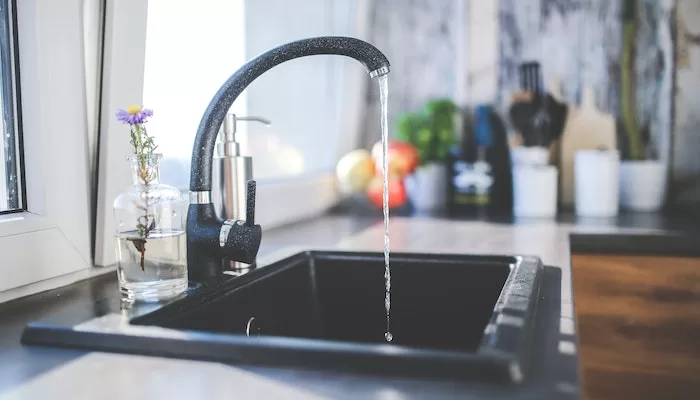Lifestyle
How To Clear A Clogged Drain: A Comprehensive Guide

Drain clearing is one of those things that most homeowners will only think about when it is too late. Clogged drains can lead to all sorts of problems, from water backing up into your sink or bathtub to flooding your basement. Luckily, there are a few simple ways to clear clogged drains and prevent them from happening in the first place. Keep reading for tips on clearing a clogged drain and when it is time to call the professionals.
How often should the main drain be cleaned?
Most experts recommend that homeowners have their main drain cleaned yearly, which helps prevent clogs and keep the system working correctly. Main drains can become clogged with various materials, including hair, grease, soap scum, and debris. If left unchecked, these clogs can cause backups and sewage overflows. While some homeowners try to clear main drain clogs on their own, this is often ineffective and can even worsen the problem. Calling a professional plumber to clean the main drain is usually the best solution.
Can I snake my own drain?
Many people attempt to clear their own drains when they become clogged, but this can often do more harm than good. Plungers and store-bought drain cleaners are not always effective, and using them too often can damage your pipes. Snaking a drain is a relatively simple process, but it requires the right equipment and a bit of know-how. It is best to call a professional like MAC 5 Services: Plumbing, Air Conditioning, Electrical, Heating, & Drain Experts if you have a severe clog. But if you are determined to do it yourself, here is what you need to know.
First, you will need to rent or purchase a drain snake. Be sure to choose the right size for your pipe – if the snake is too small, it will not be effective; if it is too large, it could get stuck. Once you have the snake, insert it into the drain and begin pushing it through the clog. Continue until you reach the end of the drainpipe. Finally, use hot water to flush out any remaining debris. With patience and effort, you should be able to clear your drain on your own – be sure to proceed with caution.
How do you unclog a drain if a snake does not work?
Sometimes even a drain snake is not enough to clear a blockage. In these cases, you may need to manually remove the drain cover and the clog. It can be a messy and unpleasant task, but it is often the only way to clear a very tough clog. With some patience and some elbow grease, you should be able to get your drain flowing freely again.
What chemicals do plumbers use to unclog drains?
Plumbers use a variety of chemicals to unclog drains. The most common is sodium hydroxide, also known as lye. Lye is a caustic substance that helps to break down grease and other organic matter that can clog drains. Plumbers will also use acids, such as hydrochloric acid, to dissolve hair and other materials that can cause clogs. In some cases, plumbers may also use enzymes to break down drain clogs. Using enzymes, plumbers can effectively break down drain clogs without causing damage to the pipes.
What tools do plumbers use to unclog drains?
Plumbers rely on various tools to clog drains, including plungers, drain snakes, and hydro jetters. Plungers are perhaps the most familiar drain-clearing tool. They work by using air pressure to generate suction, which helps to break up the clog and clear the way for water to flow through the pipe. Drain snakes are long, flexible coils that reach deep into the drain and break up stubborn clogs. Hydro jetters are high-powered water jets that blast away clogs with a powerful stream of water. Plumbers can quickly and effectively unclog any drain by using the right tool for the job.
So, there you have it. Everything you ever wanted to know about drain clearing and a little more. Hopefully, this information has armed you with the knowledge necessary to make an informed decision if and when the time comes to clear a clog from your own drains. Prevention is always the best solution, but sometimes accidents happen – so be prepared!





















































